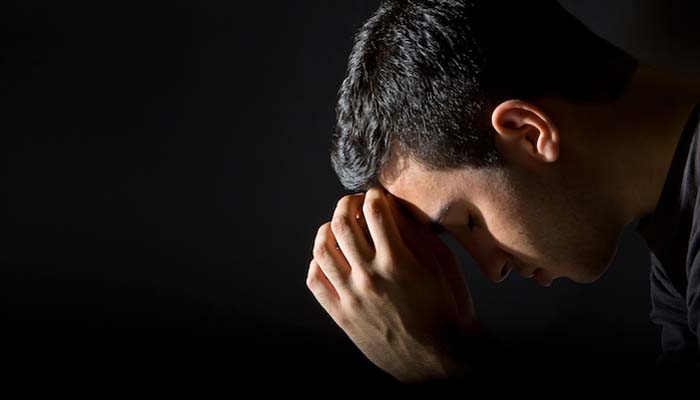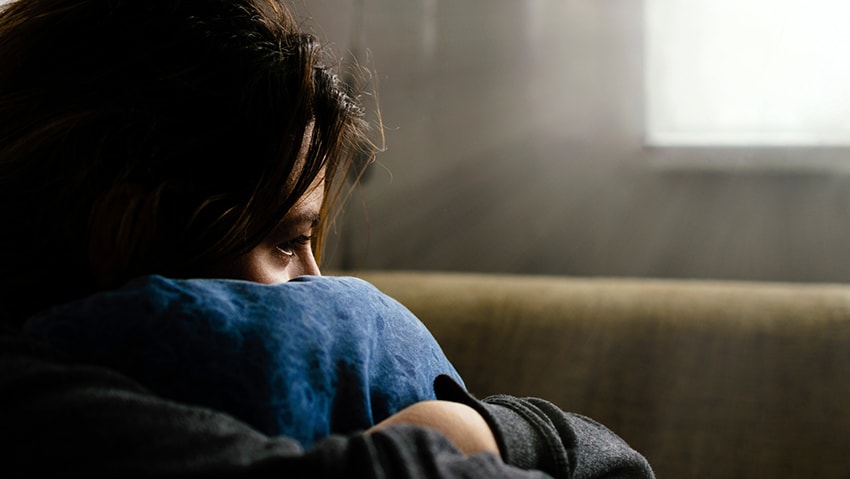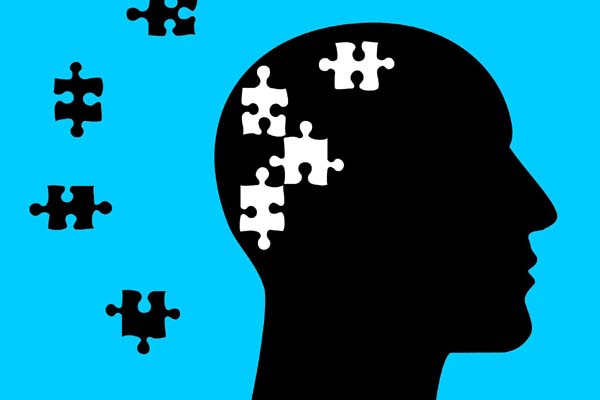
With addiction rates skyrocketing and an opioid epidemic with no end in sight, the need for effective addiction treatment has never been greater. While traditional 12-step methods of recovery are typically most common, not everyone responds to addiction treatment the same. What works for one person doesn’t always work for the next, which is why more and more individuals seeking addiction treatment are looking for different solutions.
Ibogaine is one solution that several addicts have found to successfully help them overcome their addiction. Known to help tremendously with physical withdrawal, as well as with the psychological aspects of addiction, Ibogaine has become one of the most sought after alternatives for treating addiction.
What is Ibogaine?
Ibogaine is nothing new. In its raw Iboga form, this drug has been used for centuries in Africa. This powerful drugs is used as a healing agent by the Bwiti religion, who use Iboga in rites of passage ceremonies and as a spiritual conduit still to this day.
Ibogaine itself is an alkaloid extracted from the Iboga root of this Tabernanthe iboga shrub. For some, Ibogaine produces strong psychedelic effects, and is known to guide individuals on a radical path of self-discovery that leads to lasting positive change. An experience with Ibogaine has been likened to years of therapy in a single session, allowing the reset of mind, body, and soul on the deep levels necessary for lasting change.
Because Ibogaine is a psychedelic substance, it is prohibited in the US. In other countries where it isn’t so strictly regulated, however, there are an increasing number of Ibogaine treatment centers catering to those seeking this alternative addiction therapy.
Although Ibogaine offers much in the way of healing, it has been shown to treat drug addiction on a different level. The most severe instances of opioid and heroin addiction can be treated by Ibogaine, which has helped increase the popularity of the drug. Whether you’ve unsuccessfully tried traditional treatment, or you’ve never received treatment for addiction before, Ibogaine can offer an opportunity to make lasting changes that lead to a future free from addiction.
How Was Ibogaine Discovered as a Treatment for Addiction?
The discovery of Ibogaine’s ability to treat addiction happened quite accidently. It was the early 1960s, when experimental counterculture was growing. While many people were in the early stages of experimenting with psychedelics like LSD, psilocybin, and peyote, in New York City, heroin use was becoming more prevalent and addiction rates were increasing at an all-time high.
One of these addicts was 19-year-old named Howard Lotsof, who happened to have a chemist friend with a freezer full of different drugs. When Lotsof’s friend offered him an African hallucinogen with a trip that was supposed to last a couple days, he didn’t refuse. Trip for two days he did, and later said by the end of his trip he was so exhausted that he never wanted to do it again.
As the story goes, when the drug began to wear off some 48 hours after it was taken, Lotsof walked outside and realized that he hadn’t used heroin for those two days. He claims he also realized that he had lived his entire life in fear and that his addiction to heroin was based largely on this fear. He accredited all of this to the strange African psychedelic that was given to him by his friend.
This was the discovery of Ibogaine for addiction.
How Ibogaine Works
Ibogaine is administered for addiction when withdrawal symptoms are at their peak and lasts approximately 8-12 hours. While it is known to be a powerful psychedelic, not everyone will have this experience, and only some individuals who take Ibogaine will experience its psychotropic effects.
Addiction is multi-faceted, comprised of both physical and mental components. Ibogaine works with physical withdrawal, as well as deep psychological aspects that are largely responsible for keeping people in trapped in the addictive cycle.
Ibogaine and Physical Addiction
One of the most difficult parts of overcoming addiction is making it through physical withdrawal. Ibogaine works quickly to help individuals through this often-painful process by flooding the brain’s receptors and “resetting” certain neurotransmitters back to their normal, healthy function. This happens during the first few hours of Ibogaine treatment and has been shown to be successful in eliminating physical withdrawal, even in some of the most critical cases.
Ibogaine and Psychological Addiction
In order to overcome addiction for good and make lasting changes, the psychological components of a person’s addiction must be addressed and healed. For some individuals, Ibogaine’s psychedelic effects take individuals on a “trip” that helps them uncover the reasons behind their addiction. These are typically suppressed memories and traumas that the individual has subconsciously blocked from conscious thought. Ibogaine can often bring a person back to the time or instances that caused pain and that ultimately led to their addiction.
After Ibogaine begins to wear off, there is still deep healing that is taking place. It’s at this point that Ibogaine works within a person’s psyche to help them process what was uncovered during their journey. It can guide them to look at these instances without judgment and help urge forgiveness for the people who caused them pain in the past. This allows them to release emotions that may be keeping them tied to their addiction and gracefully move forward with their life. Ibogaine also urges forgiveness for one’s self, which is a critical component in successfully overcoming addiction.
While not everyone will experience feel the psychedelic component of Ibogaine, it is still adept at eradicating physical withdrawal in most every case.
Is Ibogaine a Safe Treatment Option?
When taken under the guidance of licensed professionals in a professional facility, any negative outcomes of taking Ibogaine are reduced significantly. Ibogaine can pose serious health risks to individuals with certain pre-existing heart conditions and certain psychological conditions. Ibogaine should only be taken after a full medical screening–including an ECG, physical exam, and mental screening–has been successfully completed.
Is Ibogaine the Right Treatment Option for You?
If you are interested in Ibogaine treatment, it’s best to find out all the information you can about it before making a decision. There is no cure for addiction, and Ibogaine, like any other detox, must be followed by proper care and planning.
Always consult a medical professional before making any decisions regarding drug treatment options and alternatives.




